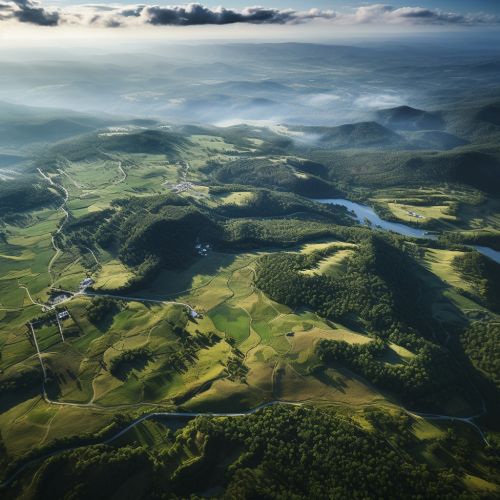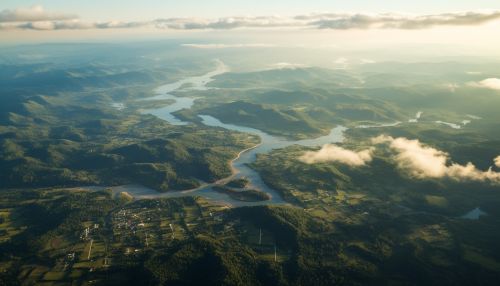Northern United States
Geography
The Northern United States, also referred to as the American North or simply the North, encompasses the northern region of the United States of America. This region is not officially defined but generally includes the states in the New England, Mid-Atlantic, and Midwest regions, as well as the states along the U.S.-Canadian border.


The geography of the Northern United States is diverse, with coastal areas along the Atlantic Ocean, mountain ranges such as the Appalachian Mountains and the Rocky Mountains, and vast plains in the Midwest. The region is home to several large cities, including New York City, Chicago, and Boston, as well as numerous smaller towns and rural areas.
Climate
The climate in the Northern United States varies widely, from the humid continental climate found in the Midwest and Northeast, to the subarctic climate found in parts of Alaska. The region experiences all four seasons, with cold, snowy winters and warm, humid summers. The Great Lakes region is known for its heavy lake-effect snow in winter, while the coastal areas of New England and the Mid-Atlantic often experience nor'easters, powerful storms that can bring heavy rain or snow.
Economy
The economy of the Northern United States is diverse and robust, with major industries including finance, manufacturing, technology, and healthcare. The region is home to many of the country's leading corporations, including Fortune 500 companies. The North also has a strong agricultural sector, particularly in the Midwest, which is known as the nation's "breadbasket" due to its extensive production of corn, wheat, and soybeans.
Culture
The culture of the Northern United States is a blend of many different influences, from the Native American tribes who first inhabited the area, to the European settlers who arrived in the 17th and 18th centuries, to the waves of immigrants from around the world who have come to the region in the centuries since. This diversity is reflected in the region's food, music, literature, and other cultural expressions. The North is also known for its strong educational institutions, including world-renowned universities such as Harvard University and the Massachusetts Institute of Technology.
History
The history of the Northern United States is rich and complex, from the arrival of the first Native American tribes thousands of years ago, to the arrival of European settlers in the 17th century, to the region's role in the American Revolution and the Civil War, to the industrialization and urbanization of the 19th and 20th centuries. The North has been a center of political, economic, and cultural power in the United States for much of the country's history.
